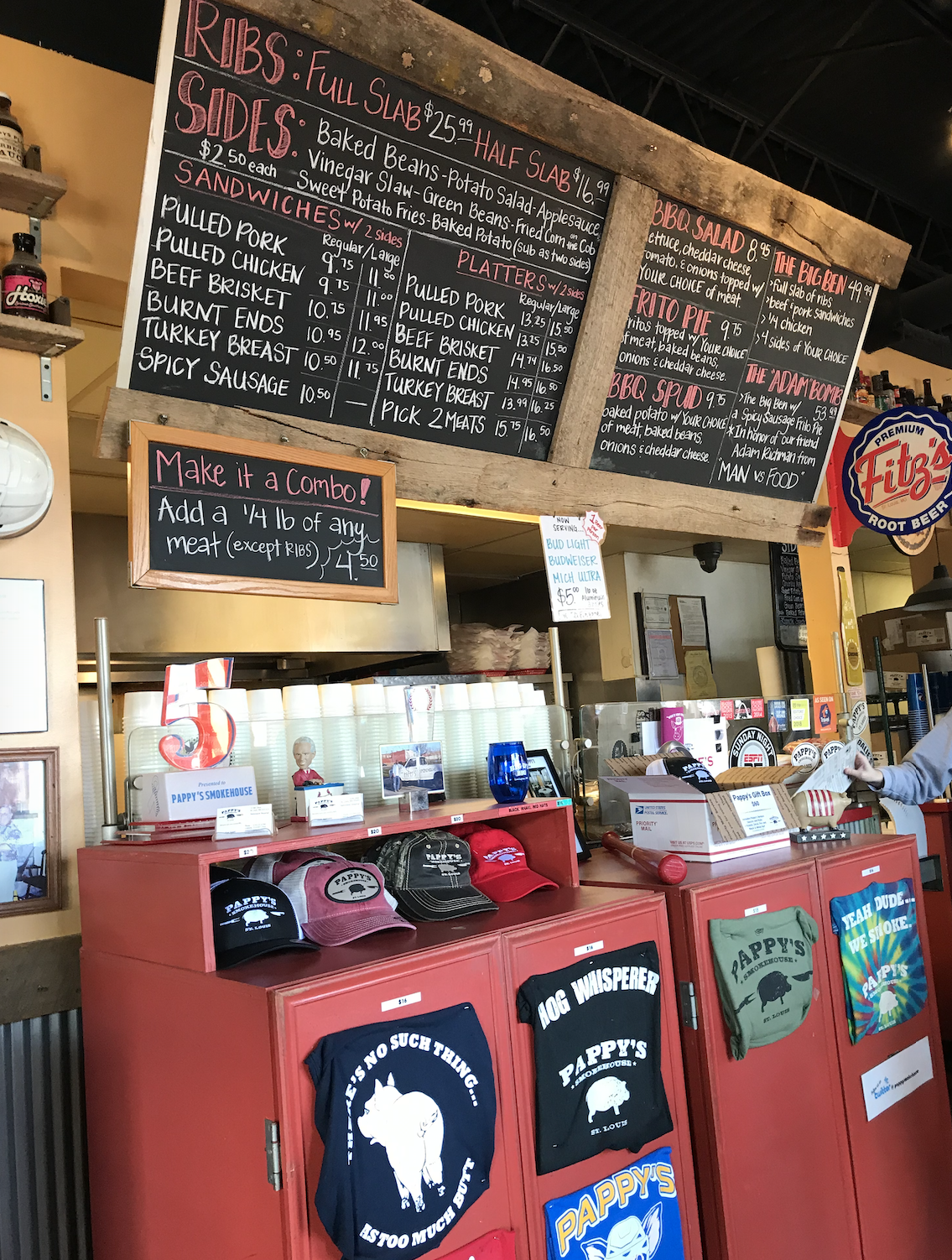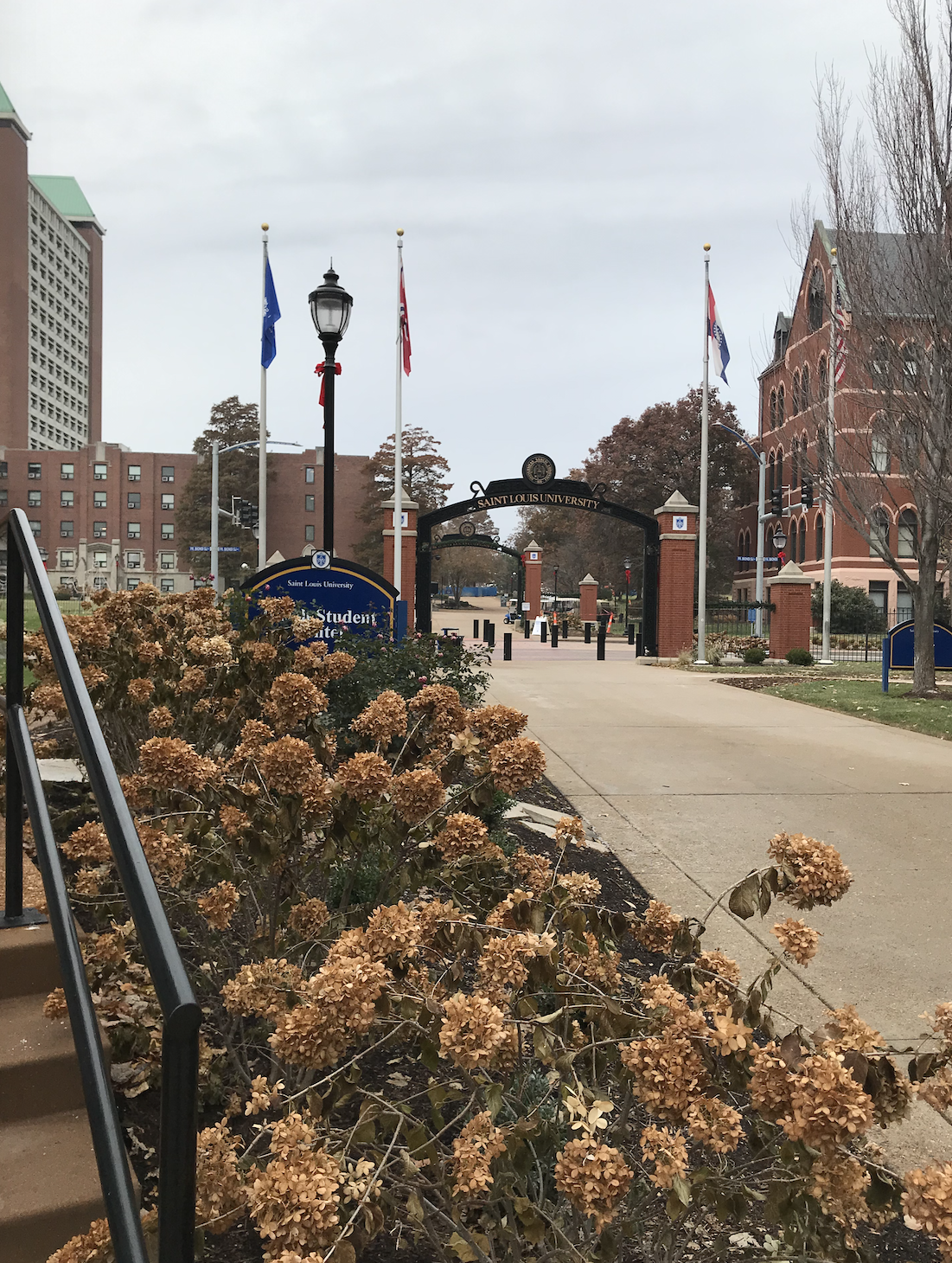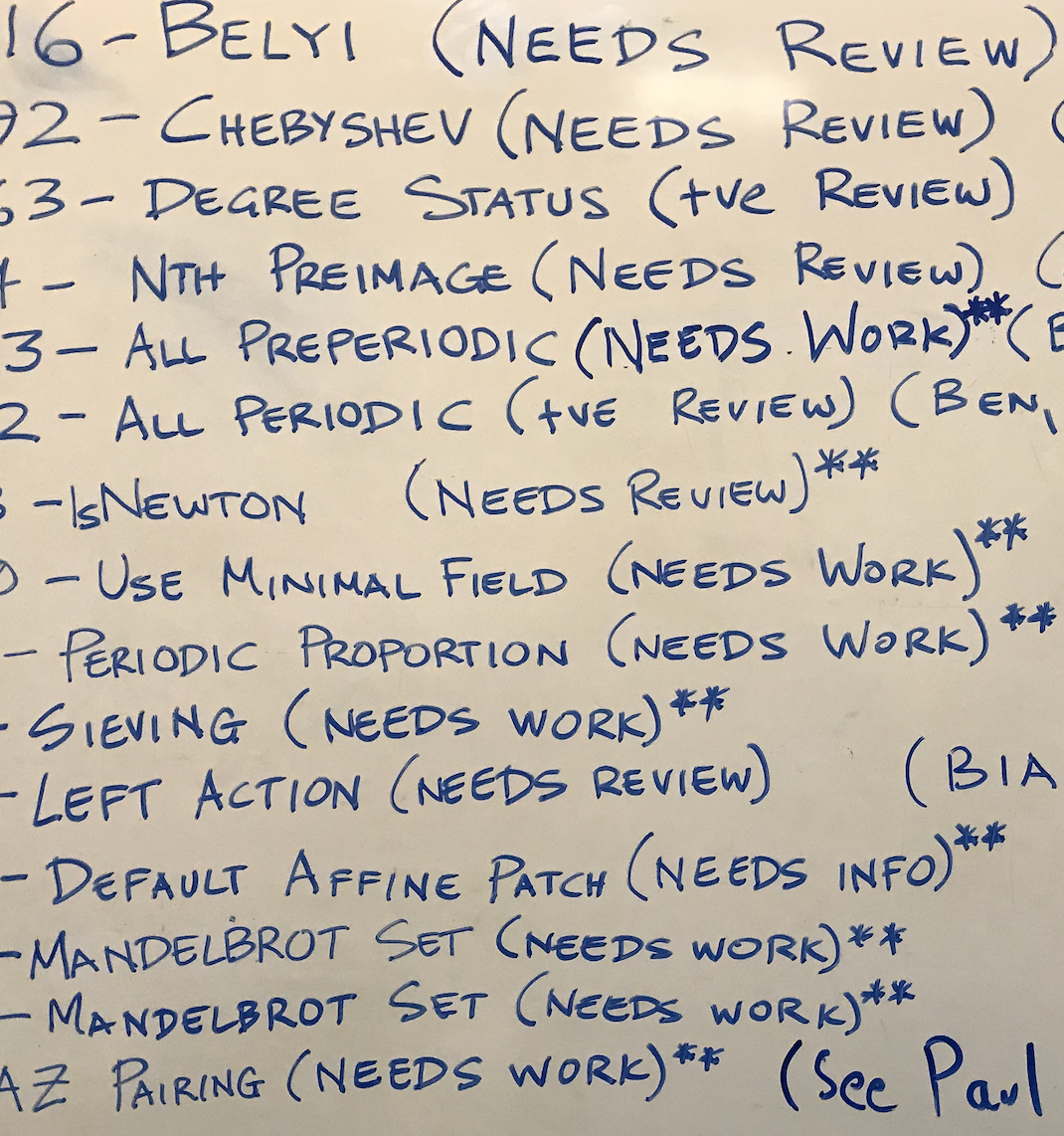Sunday November 17th
Sage Days
I am currently in St. Louis
- I’m writing this post to give some context on my experience with Sage Days, in case anyone might be interested in attending and browsing the Internet for some information.
- I flew into St. Louis early Saturday morning. I received a travel grant and hotel accommodation to attend Sage Days. This specific workshop is geared towards number theorists who have or want to learn some programming, or programming people who want to help contribute to Arithmetic Dynamics.
Sage is Free and Open Source
- It uses Python and other libraries like
MatplotlibandNumpy, and has received NSF grants for funding so that people can continue to work on it. I think it’s a wonderful tool, particularly as not everyone can afford licensed software. Also, it’s lightweight enough that anyone on any computer can run it, or contribute to it, which is awesome. - Today, I learned some of the basics of Arithmetic Dynamics, and how to tell if a function is homogenous in Sage (you’ll get this error a lot if you’re using the Arithmetic Dynamics package in Sage).
- The
Sage Notebookis also wicked cool and has Tab completion, giving you information on what objects you can use eg.object, and you can do things like put a?after a function to pull up documentation.??will even show you source code for that function.
General Setting up
- To set up, we used Github, generated an
SSH keyand linked that to thetracserver - We also linked a
tokenkey based on our user account on SageMath to Trac, so that we’re in sync with trac. - We then compiled Sage’s Source Code. This takes a few hours the first time
- We made a symbolic link to Sage, which made it easier to obtain Trac tickets.
- That pretty much sets you up to start reviewing tickets making dev branches and pushing code to
trac
But you’re a PhD in Computer Science, not a Number Theorist
- That’s okay; they need people who know a bit of programming, too. For the workshop, they gave us instructions on how to set up git and helped us build Sage from source, and connect to git trac. I am still (as I write this) building Sage; there is a lot of work that needs to be done. However, the organizers have made the process as painless as possible, and the goal is for long-term contribution to the project. One of the more experienced contributors said during her first workshop, she was only able to just get Sage up and running locally, but was able to review a few tickets through trac, and then eventually make small fixes, and then bigger ones. The community (especially for Arithmetic Dynamics) is nice enough that you can contribute and ramp up to speed
- Today I helped debug a ticket, with some of the more experienced contributors, and since I know a bit of Python and Git, I was able to help some people with Git, and the organizers said that there is some stuff they don’t have as much experience with in Python that they think I’d be a great fit for in terms of contributing. They were really nice about it, too, and very patient.
- I am very interested in general in projects that are tied to translating Mathematics to Computer Science, which is incredibly tied to my PhD (Data Privacy, Machine Learning, Programming Languages Research). More and more, I’ve also found that I love working with interdisciplinary teams, and am happiest doing this.
A lot of the people are Mathematicians
- The people at the workshop know how to code, but are also very good Mathematicians. So a lot of the tickets are working with, amending algorithms and trying to get things to break, based on what users might want. When submitting a ticket, there are tests that need to be passed, and you can test docstrings with code to see if the examples work.
- It’s also been really worth it for me because the participants have completed their PhDs and were able to give me really good advice based on their experience. One participant said she was the only one of 7 people in her group who ended up completing her PhD. They also spoke about quals and postdocs with me, and about their general experience. Also, about what it’s like being one of the females in their lab, and things like speaking up. That alone in itself has been worth my being here.
I also found out about Women in Sage
- Women in Sage is a group that has events once a year or once every other year when they have funding. I’d definitely love to become a lifelong member, and continue to contribute to this project. I really like the people and it’s a really positive project.
And now, for some photos
View from Detroit Airport

View over St. Louis

Arbitrary Gummy Bears by me

I visited Pappy’s

More Pappy’s

The University (walking)

Day One Lunch

List of TODOs

Written on November 17, 2019
